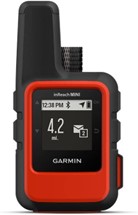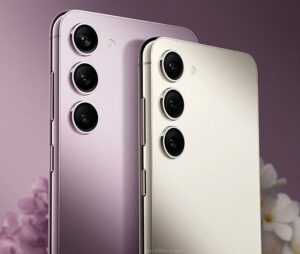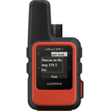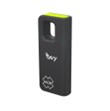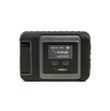For many people, a cell phone is all they need for everyday connectivity. Cellular phone networks, including high-speed 5G service, now reach more and more rural and remote areas of the U.S. than ever before. But If you’re struggling to get consistent cell phone connectivity at your home, or if you often leave the grid for work or recreation, then a satellite phone service might be the right choice to help you stay connected and safe.
So which phone service is for you? Let’s dive in.
